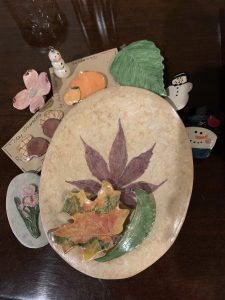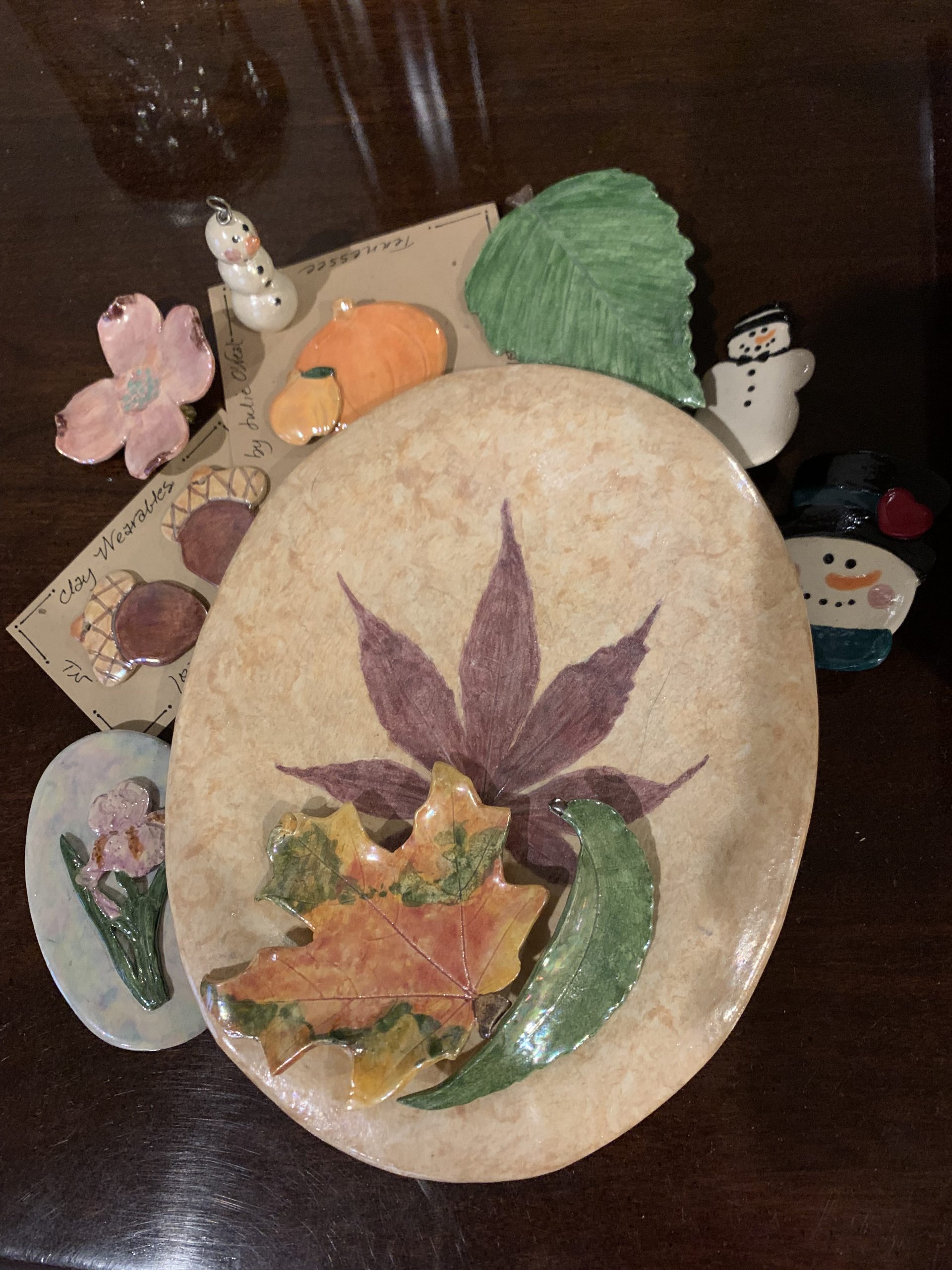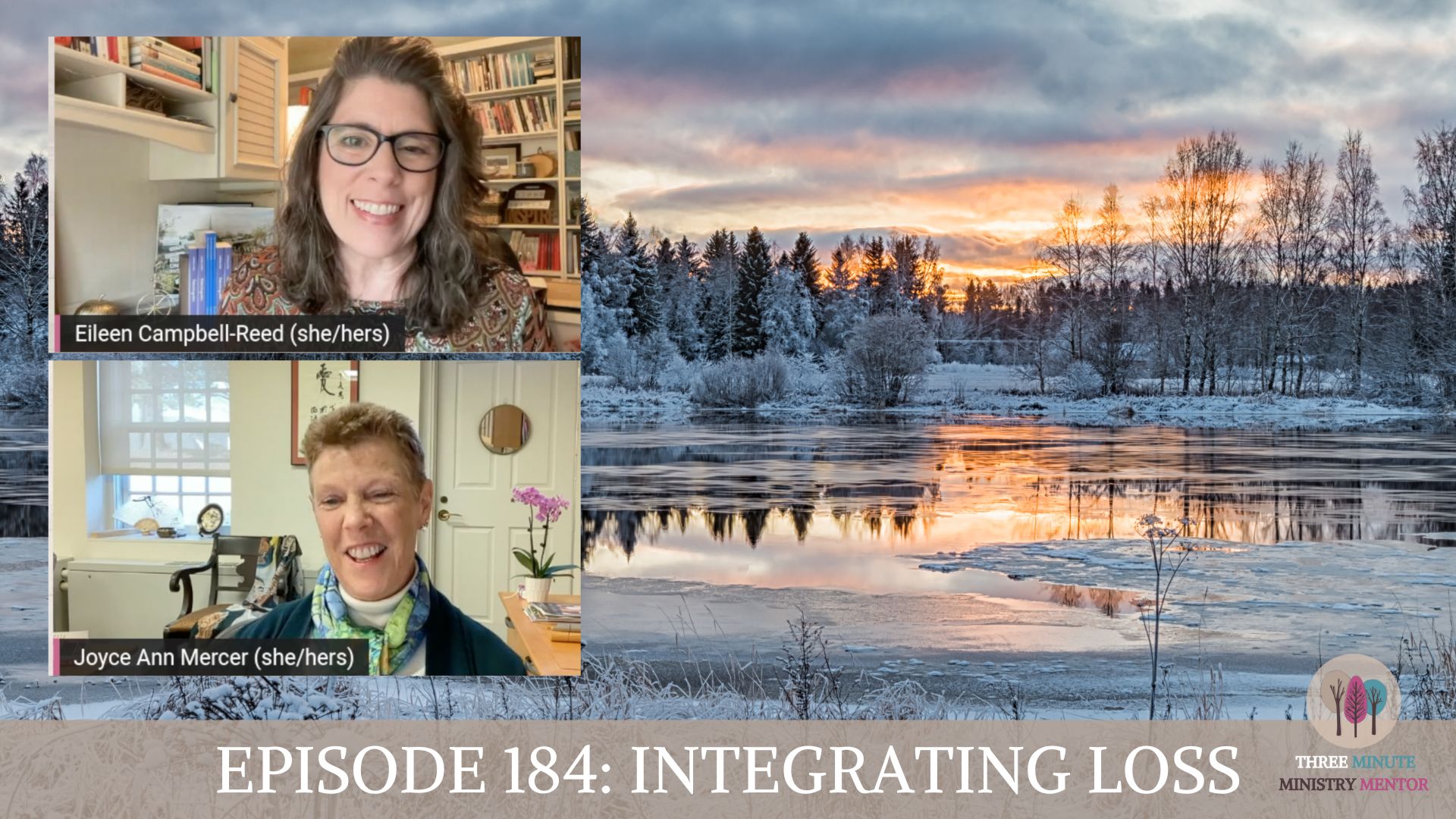Often at the Three Minute Ministry Mentor we write and share about integration, but integrating loss and grief is a slightly different topic. This week we continue our conversation with Dr. Joyce Ann Mercer of Yale Divinity School about loss and grief.
Watch part one of our conversation, Episode 183: “Ambiguous Loss.”
How do we integrate our losses into life?
Last fall I released a big report covering two-plus years of research with ministers and lay leaders. The #PandemicPastoring Report highlighted the experiences — resilience and desolation, grace and grief — of ministry leaders since March of 2020. We did hear a lot about loss and grief. And these individual and collective losses are not something to just get over or move on from. In fact, psychologist Pauline Boss helps us understand that “closure” itself is a myth.
In the #PandemicPastoring Report, loss and grief were among the highly significant findings. Many people I interviewed spoke about losses and griefs over the past three years.
2. Loss and Grief
We lost a lot. Pastors and church communities, and all people really, have so much grief work to do. It is sacred and holy work and needs the best of our tradition and new rituals to hold lament, rage, depression, and grief. Losses of mentors, embodied knowing, and future stories are especially hard to recognize and define, yet they leave us with a sense of ambiguous loss.
Loss and grief are universal experiences. The unprecedented experiences of the Covid-19 pandemic amplified and exacerbated the everyday losses and griefs that people typically feel. And it also created some unique losses. We missed out on gatherings, trips, jobs, celebrations, funerals. And in more mundane ways, the losses were what some pastors in the study called simply, “the disruption of everything.”
Are you facing losses from the death of someone you love? The loss of a beloved pet? Perhaps the end of a relationship or job of many years? Or the everyday habits and customs of your family or community are no longer available? Or is it your health, physical fitness, or mental well-being that have declined and left you feeling doubt? Whatever the case, if your losses are concrete or ambiguous, small or enormous, you are still here, still living. And you now face the task of figuring out how to live with your losses and griefs.
Find out what my friend and fellow pastoral theologian, Joyce Ann Mercer has to share with us about integrating loss and grief into our lives.
What helps you to live well with your losses and griefs?
When I think about this question, I think of the little ways that the lives of people I’m grieving are woven into my life. Earlier in January I attended a funeral for Julie, an artist, psychiatric nurse, and 40+ year member of our community of faith. Julie helped design beautiful elements of our church’s sanctuary. She built pottery by hand and painted jewelry, bowls, and ornaments. She was an award winning cook and an enthusiastic member of our community

 Although Julie died in late December, she had been drifting away from us for several years. She remained kind even when she was confused or forgot what was happening around her. She also maintained her sense of humor, and she continued to tell stories in detail.
Although Julie died in late December, she had been drifting away from us for several years. She remained kind even when she was confused or forgot what was happening around her. She also maintained her sense of humor, and she continued to tell stories in detail.
One of the ways I keep remembering Julie, and her life energy and creativity are woven into my life, is in the beautiful pottery she made. Some pieces I bought. Others were gifts from Julie. Some of the gifts she made for us honored grief felt by our family.
Life and love, friendship and loss, joy and beauty and grief are all mixed together. Like sand and clay and water become pottery, our losses, griefs and joys can be turned into something beautiful, crafted into the very art of life.
What helps you to live well with your losses and griefs? pic.twitter.com/8qeMjUbgOO
— Three Minute Ministry Mentor (@3MinuteMin) January 30, 2023
What rituals and memories are helping you integrate loss into your life?





